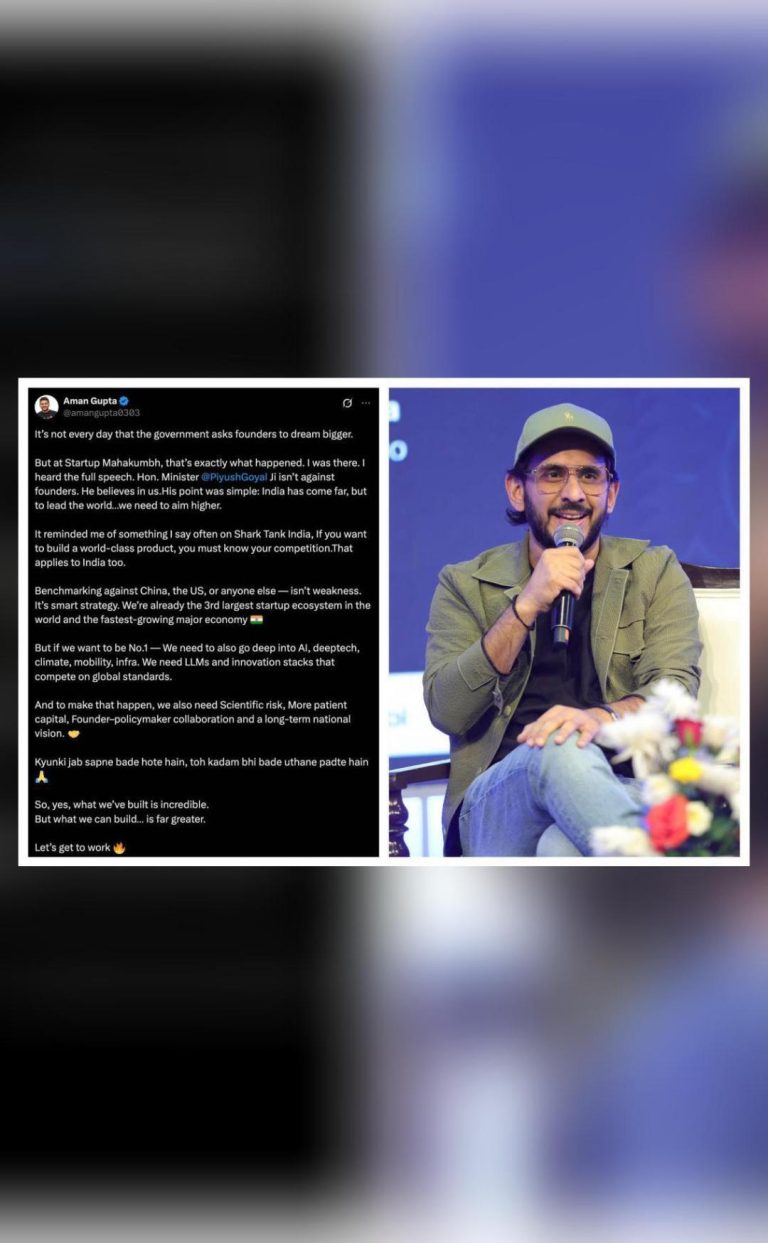
Grind for a decade, no one cares for 7.5 yrs & hates you for remaining 2.5 yrs: Altman
As OpenAI CEO Sam Altman recently shared on his personal Twitter account, his journey has been a wild ride. In a candid post, Altman reflected on the ups and downs of his 10-year grind at the AI startup, revealing that the experience has been marked by a peculiar phenomenon. According to Altman, after investing 7.5 years into his work, most people simply didn’t care. However, in the final 2.5 years, he found himself facing vehement criticism and even hatred from those who had previously been indifferent.
Altman’s thought-provoking tweet sparked a wave of interest and debates on social media, with many users sharing their own experiences and insights on the topic. The post read: “Be me. Grind for a decade. No one cares for 7.5 yrs & hates you for remaining 2.5 yrs. Wake up one day to hundreds of messages… ‘Look I made you into a twink ghibli style’.”
At first glance, Altman’s statement may seem paradoxical. How could it be that people initially show little interest in someone’s work, only to become fiercely critical later on? To understand this phenomenon, it’s essential to consider the psychological factors at play.
The initial 7.5 years of Altman’s grind, during which he faced indifference from others, can be attributed to the law of diminishing returns. Often, when we start working on a project or pursuing a goal, we experience an initial surge of enthusiasm and energy. This is because our brain is wired to respond positively to novelty and challenge. As time passes, however, the novelty wears off, and the work becomes more routine. As a result, our initial excitement and interest gradually fade away.
In Altman’s case, it’s likely that his early years at OpenAI were marked by a sense of excitement and discovery. As the startup grew and evolved, the work became more complex and demanding. During this period, many people may have lost interest or moved on to other pursuits, simply because they were no longer able to maintain the same level of excitement and engagement.
The second half of Altman’s statement, however, reveals a more complex dynamic. The “hate” he received from others in the final 2.5 years can be attributed to a phenomenon known as “social comparison.” When we’re not actively engaged with someone’s work, we tend to focus on our own goals and aspirations. However, when we’re exposed to someone’s success or achievements, our brain naturally compares our own progress to theirs.
In Altman’s case, it’s possible that people who were initially indifferent to his work began to feel threatened or envious as he continued to make progress and achieve success. This can lead to a sense of resentment and even hatred, as individuals feel like they’re not measuring up to the same standards.
Altman’s tweet also hints at the phenomenon of “social media amplification.” In today’s digital age, we’re bombarded with curated highlight reels and “best-of” posts from others. This can create unrealistic expectations and a sense of FOMO (fear of missing out). As a result, people may feel pressure to constantly produce content, achieve milestones, and maintain a certain image. When they fail to meet these expectations, they may lash out at others who seem to be succeeding.
In conclusion, Altman’s tweet offers a poignant reflection on the human experience. His journey, from anonymity to fame, serves as a reminder that success is often accompanied by both admiration and criticism. As we navigate our own paths, it’s essential to remain aware of these psychological dynamics and cultivate empathy for others who may be struggling.
As Altman himself noted, his experience is not unique. Many of us can relate to feeling like we’re grinding for years, only to face indifference or even hatred in the final stretch. By acknowledging these complexities and embracing the journey, we can cultivate resilience, adaptability, and a deeper understanding of the human experience.
News Source: https://x.com/sama/status/1904921537884676398



